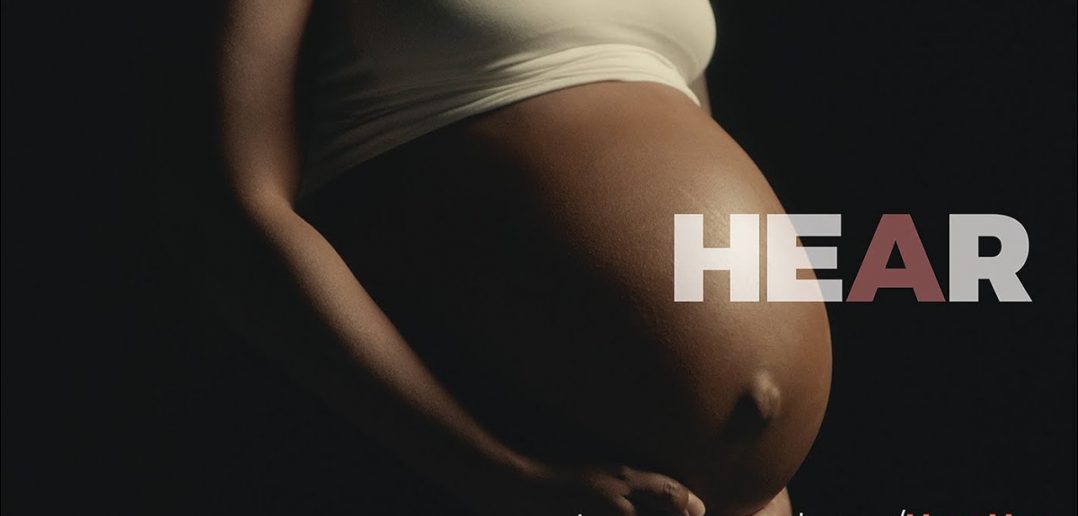Early in my career I cared for a childbearing parent about to deliver her fifth child.
She expressed an inexplicable concern for her health and safety; “I have a bad feeling,” she kept saying. I thought to myself, you’ve done this so many times, why are you so concerned now?
“You will be fine.” I said it gently over and over.
Her labor went well. But then she had a severe postpartum hemorrhage, needed a host of medications, several liters of blood, a uterine artery embolization, and a uterine tamponade in the ICU. We managed her case with impeccable precision and teamwork, but no one could have anticipated such an event would occur for someone with a history of four healthy deliveries.
She knew though. She always knows.
The U.S. maternal mortality rate is unsettling, and it is 3 to 4 times higher among Black and Brown childbearing parents than among their White counterparts. Over the last few years, severe maternal morbidity and poor maternal health have come to light as we shift focus from improving maternal health for the sake of achieving positive neonatal/infant outcomes to improving maternal health for the sake of maternal health.
With the spotlight came an increase in available research dollars and funding for maternity programs and services. There is a new Black Maternal Health Caucus in the U.S. House of Representatives promoting a nine-bill package (the Black Maternal Health Momnibus) that seeks to build policies to mitigate social, racial, and economic factors that increase these disparities.
And now the Center for Disease Control (CDC) has launched a new campaign, HEAR HER.
With over 700 women dying each year from pregnancy related complications in this country, this campaign seeks to raise awareness of potentially life-threatening warning signs during and after pregnancy and improve communication between patients and their health care providers. The campaign aims to empower childbearing parents to speak up about their concerns and encourage providers to be responsive—that part has been lacking in the obstetrical community for far too long.
The HEAR HER campaign provides useful information about urgent warning signs, but it’s our racial and social biases, stigmatizing thoughts, and prejudiced actions that often lead to negative provider affect. Our preconceived notions must take a back seat if this campaign is to be truly successful.
We have to do more than “HEAR HER” – we must listen with intention to address the patient’s concerns to the best of our ability.
It is our duty as health care providers to do this not only for those who can pay or those who identify as cisgender or those who are privileged in some other way. We must do it for everyone!
And we must account for the social determinants of health that impact pregnancy and childbirth, like housing instability.
In 15 years as a certified nurse midwife in various settings, I know that when patients have trouble maintaining or finding housing, there are significant disparities in the kind of care they receive and subsequent pregnancy and infant outcomes. With more families experiencing housing displacement, the need for data on maternal health during periods of housing instability is even greater. When we understand the association between housing instability and pregnancy and childbirth outcomes, we can improve maternal health further upstream.
We must empower, and hear, all of our patients, including those experiencing adversity. They must not be left behind as we reframe our focus on maternal health, and endeavor to decrease maternal morbidity and mortality. Launching HEAR HER means we are moving in the right direction, acknowledging systemic shortcomings and striving toward better care.
We really do know our bodies better than anyone. It is only right that we are heard… and respected.
Read More:
- We Need to Protect Black Moms
- Black moms know the risk, but what are the solutions?
- In One Week I Was Pregnant, I Miscarried, and I Was Diagnosed with a Life-Threatening Complication I Didn’t Understand
ABOUT THE AUTHOR
Kelley Robinson, MSN, CNM, is a PhD candidate at Johns Hopkins School of Nursing. She served as a full-time certified nurse midwife for 15 years, and at Johns Hopkins, has served as a clinical instructor for courses including Public Health Nursing and Nursing the Childbearing Family. She has extensive experience in maternal/newborn care under both normal and higher-risk conditions, and her PhD research examines the associations between housing instability experienced by pregnant women and maternal morbidities. Kellley earned her MSN at Yale School of Nursing.
